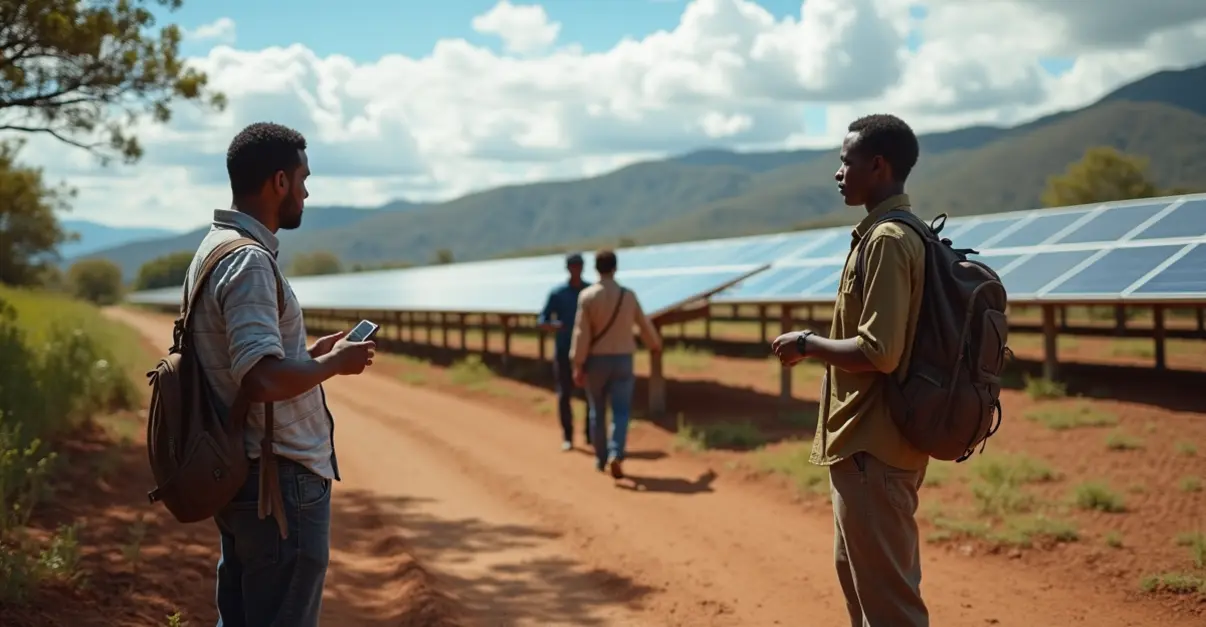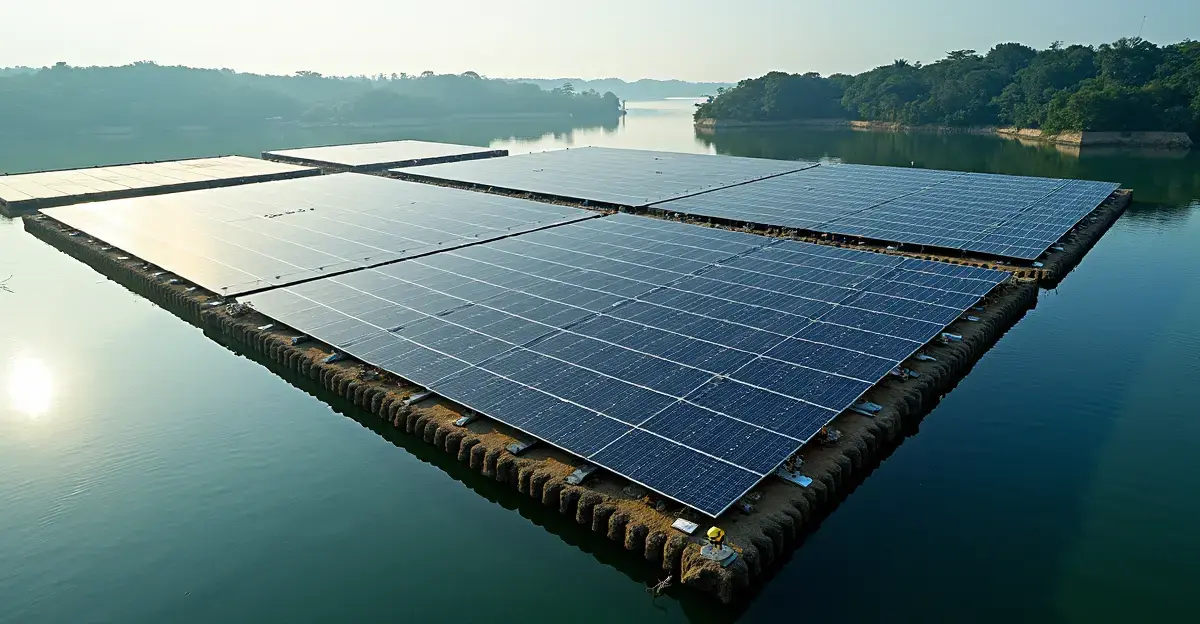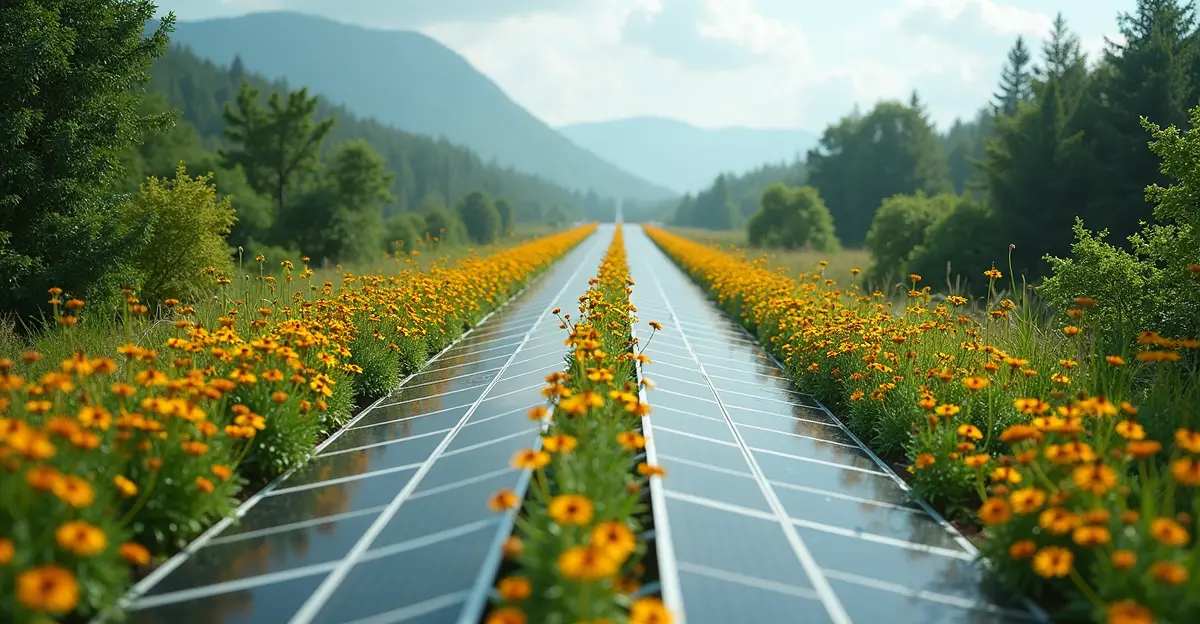Solar Farm Siting Disputes and Community Dialogue
The rapid expansion of solar energy projects across the globe is increasingly sparking community disputes over land use, biodiversity impacts, and equitable benefit sharing. As nations push toward renewable energy targets, solar farms—large-scale installations of photovoltaic panels—are becoming more common, but their siting often pits environmental goals against local concerns.
Stakeholder Engagement in Land Use Decisions
Effective stakeholder engagement is crucial for resolving conflicts around solar farm development. This involves dialogues between project developers, local governments, residents, environmental groups, and indigenous communities. 'We've seen projects fail because communities felt excluded from the planning process,' says Dr. Lena Schmidt, an environmental policy expert at the University of California. 'Inclusive engagement can turn opposition into support by addressing fears about land degradation and loss of agricultural or natural spaces.' Tools like public hearings, community benefit agreements, and participatory mapping are being used to foster collaboration.
Biodiversity Considerations in Solar Siting
Solar farms can have mixed effects on local ecosystems. While they reduce carbon emissions, improper siting may harm habitats or species. For instance, clearing large tracts of land can disrupt wildlife corridors. However, innovations like agrivoltaics—combining solar panels with agriculture—are emerging to mitigate these impacts. 'By integrating solar with farming, we can preserve soil health and biodiversity while generating clean energy,' notes Maria Gonzalez, a sustainability consultant. Research from the Nature Conservancy shows that well-planned solar projects can even enhance biodiversity by creating pollinator-friendly habitats under panels.
Local Benefit Sharing and Economic Impacts
Communities often demand tangible benefits from solar projects, such as job creation, revenue sharing, or reduced electricity costs. In regions like the American Midwest, some solar developers offer lease payments to landowners or fund local schools and infrastructure. 'When residents see direct economic gains, resistance tends to fade,' explains John Carter, a rural development advocate. Yet, disputes arise over fair distribution, especially in low-income areas where land may be cheap but communities lack bargaining power. Policies that mandate community ownership or profit-sharing, as seen in Denmark's renewable cooperatives, are gaining traction to ensure equity.
Case Studies and Lessons Learned
Recent cases highlight the importance of early engagement. In Arizona, a proposed solar farm faced backlash over water usage in arid regions, leading to revised plans with water-efficient designs. Conversely, in Germany, community-led solar initiatives have thrived by involving locals in decision-making from the start. 'Transparency and trust-building are non-negotiable,' emphasizes Klaus Weber, a German energy planner. International Energy Agency reports stress that proactive dialogue can prevent delays and reduce costs for developers.
Future Directions and Policy Recommendations
To balance renewable energy goals with community interests, experts recommend integrated land-use planning that zones areas for solar development based on ecological and social criteria. This includes avoiding sensitive habitats and prioritizing degraded lands. Additionally, strengthening regulations for community consultation, as seen in the EU's Renewable Energy Directive, can standardize best practices. 'We need policies that reward collaborative approaches, not just rapid deployment,' argues Dr. Schmidt. As solar capacity grows, ongoing dialogue will be essential to ensure that the transition to clean energy is just and sustainable for all stakeholders.

 Nederlands
Nederlands
 English
English
 Deutsch
Deutsch
 Français
Français
 Español
Español
 Português
Português










